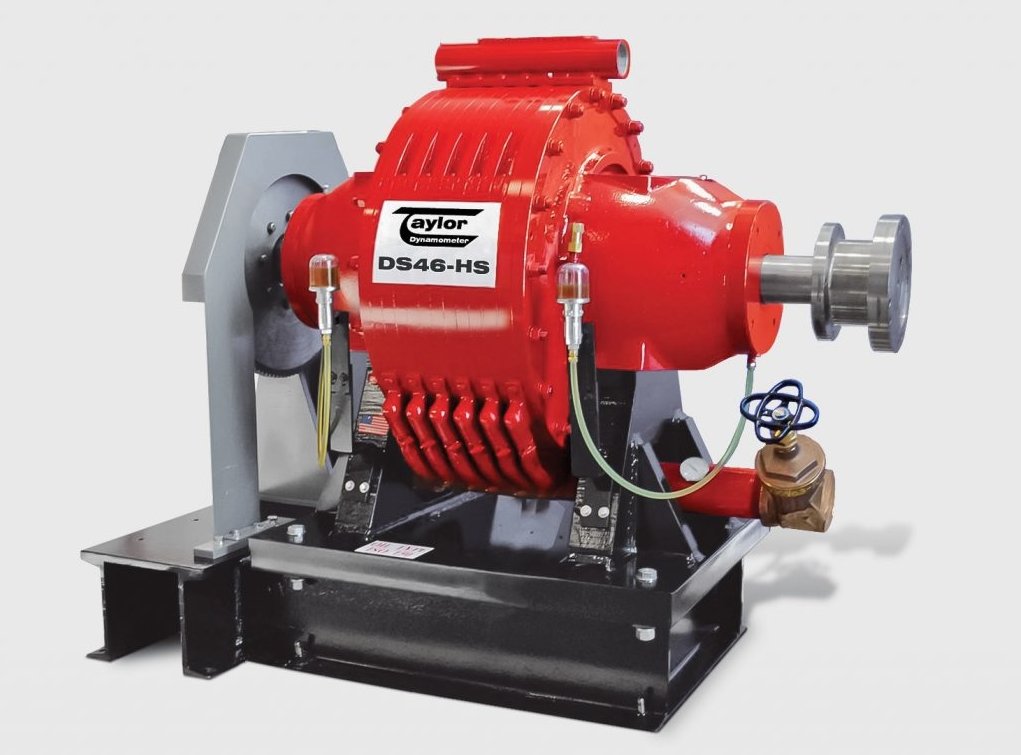When buying a car, there are lots of things that customers look at. The most important one being the engine power. That’s why some of the most common terms in car sales adverts are related to the engine. Some of them include brake horsepower(bhp), torque, cc, and horsepower(hp). For a car salesperson, understanding these terms is critical. But it’s not just car salespeople that need to understand these terms, even those in the car leasing business need to understand them. As a car salesperson or a leasing company, the last thing you want is for a customer to ask you a technical question, and you have no idea how to answer them. As such, you need to familiarize yourself with some of the most common terms in cars. One of the most common ones is the brake horsepower. So what does brake horsepower even mean and whats the difference between hp and bhp?
Well, for starters, there is a difference between horsepower and brake horsepower. If a customer asks you about brake horsepower, don’t start talking to them about horsepower. Horsepower or Indicated power is simply the engine’s power, measured at the axle or the wheels. This is the power the whole vehicle delivers when we drive.
So, what is brake horsepower (bhp) ?
Brake horsepower is a measurement of the engine’s power taken at the flywheel or crankshaft without the engine losing power due to drivetrain and gearbox resistance [Source – All Car Leasing]. This means that the bhp of an engine will always be higher than the hp of engine. If you have to put it in a simple formula it would be something like this –
Engine power (bhp) = Power delivered at wheels (hp) + Losses (frictional losses between bearings and gears)

Why is it called “brake horsepower” ?
After the engines have been selected for a vehicle, they are tested to check how much power it is delivering. The power delivered by ONLY engine is calculated by a device called as dynamometer. In the setup, brakes are applied to the crankshaft end to measure the torque at a certain RPM.
Power = Torque x RPM.
While performing the test, torque and RPM are known in the above equation and so we can calculate power.
Since the power delivered by engine is calculated by applying brakes, it is popularly called has brake horsepower.
If you are a sales guy, with a good understanding of these terms, you have better chances of closing a deal, irrespective of whether you are selling or leasing cars for several reasons. Firstly, it can help you segment the market better. For instance, if you encounter a customer that is it into high-performance cars, then you can focus on selling them a car with a high brake horsepower (BHP). You can also add into the mix aspects like the car’s torque and CC in making the deal sweeter. That’s because a car with a high BHP, combined with high torque and CC, can accelerate from 0-100 or more in just under 3 seconds. That’s sweet to someone looking for a performance car, irrespective of whether they are buying or leasing it.
On the other hand, with clients are looking for a family car, you would be better off not focusing so much on the BHP. Vehicles with high BHP, Toque, and CC are not known to be the most fuel efficient. They are powerful, but they also demand more in fuel. For family clients, one would be better off focusing more on features like the car’s safety, electronics, and energy efficiency.
Looking for a family car? Here is our guide on which car you should buy – Suv or MUV ?


1 comment on “What is brake horsepower? | BHP vs HP”
HP is not necessarily power at the wheels. HP, when stated by car manufacturers, is measured at the engine (with auxiliary components using some of that power). It can also be measured on a dyno (at the wheels). BHP = HP without the power loss of auxiliary components.
HP at the wheels is significantly lower than the HP produced at the engine, whereas BHP is only a little higher than HP.